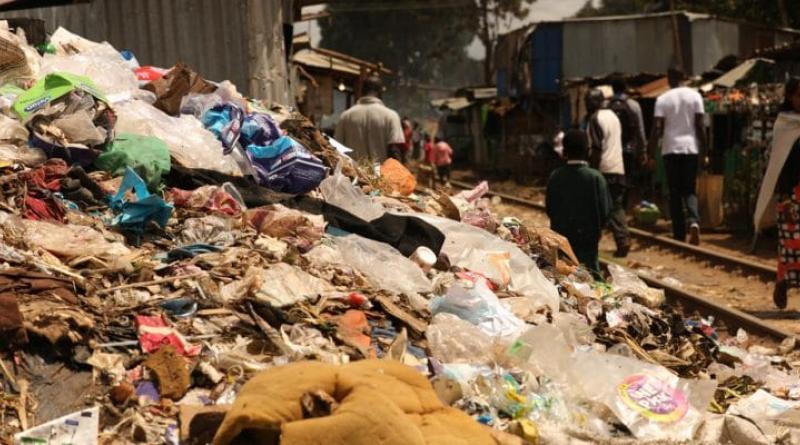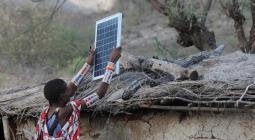KENYA: UN-Habitat provides Taita Taveta with a waste recovery planτ

While Taita Taveta County in the northern part of Kenya generates an average of 190 tonnes of solid waste every day, the United Nations Human Settlements Programme (UN-Habitat) will install a waste recovery plant at the Chakaleri landfill. The project aims to improve the efficiency of the waste management system for the protection of coastal and marine areas in this East African country.
In Kenya, Taita Taveta County produces over 2,000 tonnes of waste per year, of which 1,048 tonnes (44%) ends up in the sewerage system. This is why the United Nations Human Settlements Programme (UN-Habitat) will install a waste recovery plant at the Chakaleri landfill.
The initiative aims to improve the waste management system in this county of 340,000 inhabitants, located 360 km south-east of the capital Nairobi. The installation will also strengthen the collection system in the sub-counties of Voi, Mwatate, Wundanyi and Taveta, with a view to protecting the region’s coastal and marine areas and creating jobs through the 3Rs (reduce, reuse, recycle) of the waste sector.
According to the United Nations Environment Programme (UNEP), which is accompanying this initiative, the low collection rate in Taita Taveta County is due to a lack of private sector involvement in the waste management system. In this context, the recovery facility will provide a solution to the lack of personal protective equipment (PPE) and the low market price of recyclable materials. These are challenges that 15 waste pickers are already facing at the Chakaleri dump.
Ultimately, the UN partners want Taita Taveta County to implement a legal framework (strategy, regulations, draft law, guidelines) for solid waste management at the local level.
Benoit-Ivan Wansi | https://www.afrik21.africa/





